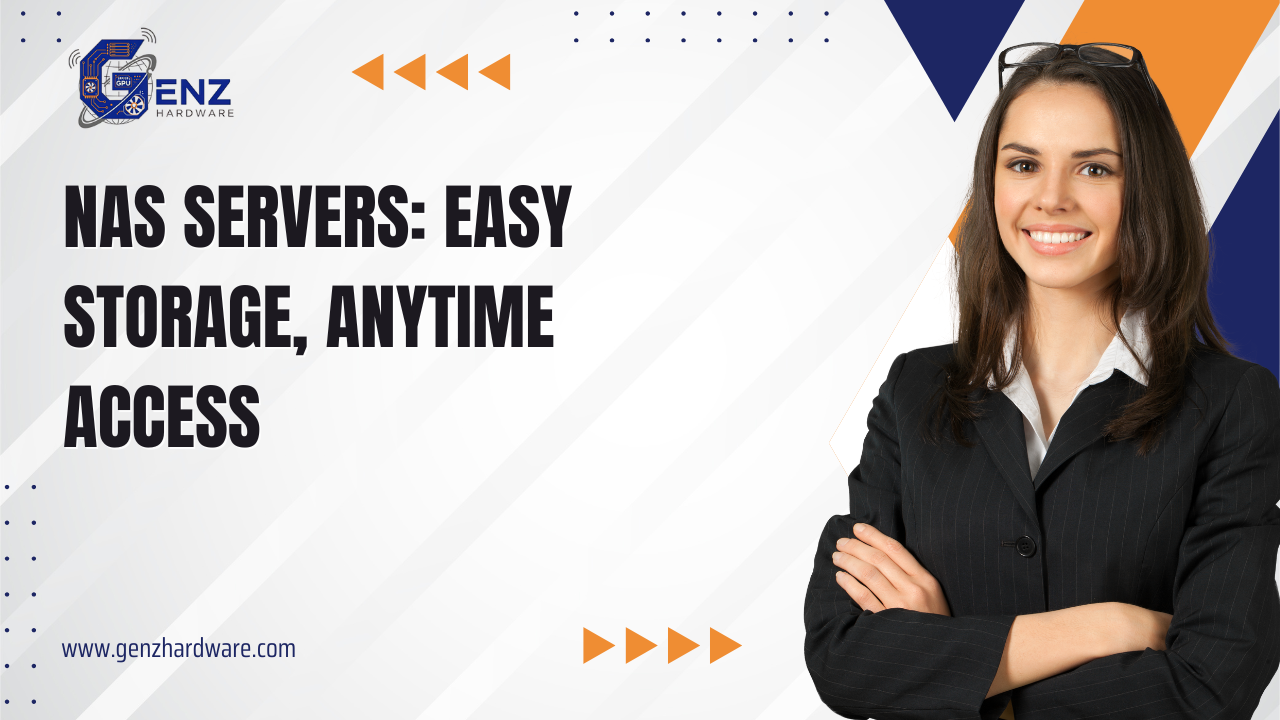
NAS Servers: Simplifying Storage and File Sharing
As data continues to grow, finding a reliable way to store and share files is more important than ever. NAS servers (Network Attached Storage) are one of the most efficient solutions for both businesses and individuals. They combine storage, security, and accessibility into a single device connected to your network.
What Is a NAS Server?
A NAS server is a dedicated file storage system that connects to a network, allowing multiple users and devices to access and share data. Unlike external hard drives, NAS devices operate independently and often come with their own operating system and management tools.
Key Features of NAS Servers:
-
Centralized Storage: All files stored in one secure location.
-
Multi-User Access: Supports file sharing for teams and households.
-
Remote Accessibility: Access data from anywhere via the internet.
-
Data Protection: Many NAS devices include RAID configurations for redundancy.
-
Expandability: Add more drives or storage as your needs grow.
Benefits of NAS Servers:
-
Improved Collaboration: Teams can share and edit files easily.
-
Cost-Effective Storage: Lower cost compared to traditional servers.
-
Backup Solutions: Automatically back up computers and devices.
-
Security: Built-in encryption and user permissions protect sensitive data.
-
Scalability: Perfect for growing businesses or personal data needs.
Where Are NAS Servers Used?
-
Small Businesses: File sharing, backups, and document collaboration.
-
Enterprises: As part of larger IT storage strategies.
-
Home Users: Media streaming, personal cloud storage, and data backup.
-
Creative Professionals: Centralized storage for large video, audio, or design files.
NAS vs. Traditional Servers:
-
NAS Servers: Simple to set up, cost-effective, best for storage and file sharing.
-
Traditional Servers: More complex, handle wider tasks beyond storage like databases and applications.
Conclusion:
NAS servers are a smart and efficient solution for managing data in today’s connected world. Whether for home, small business, or enterprise use, they deliver easy file sharing, security, and scalability, making them an essential part of modern storage strategies.








